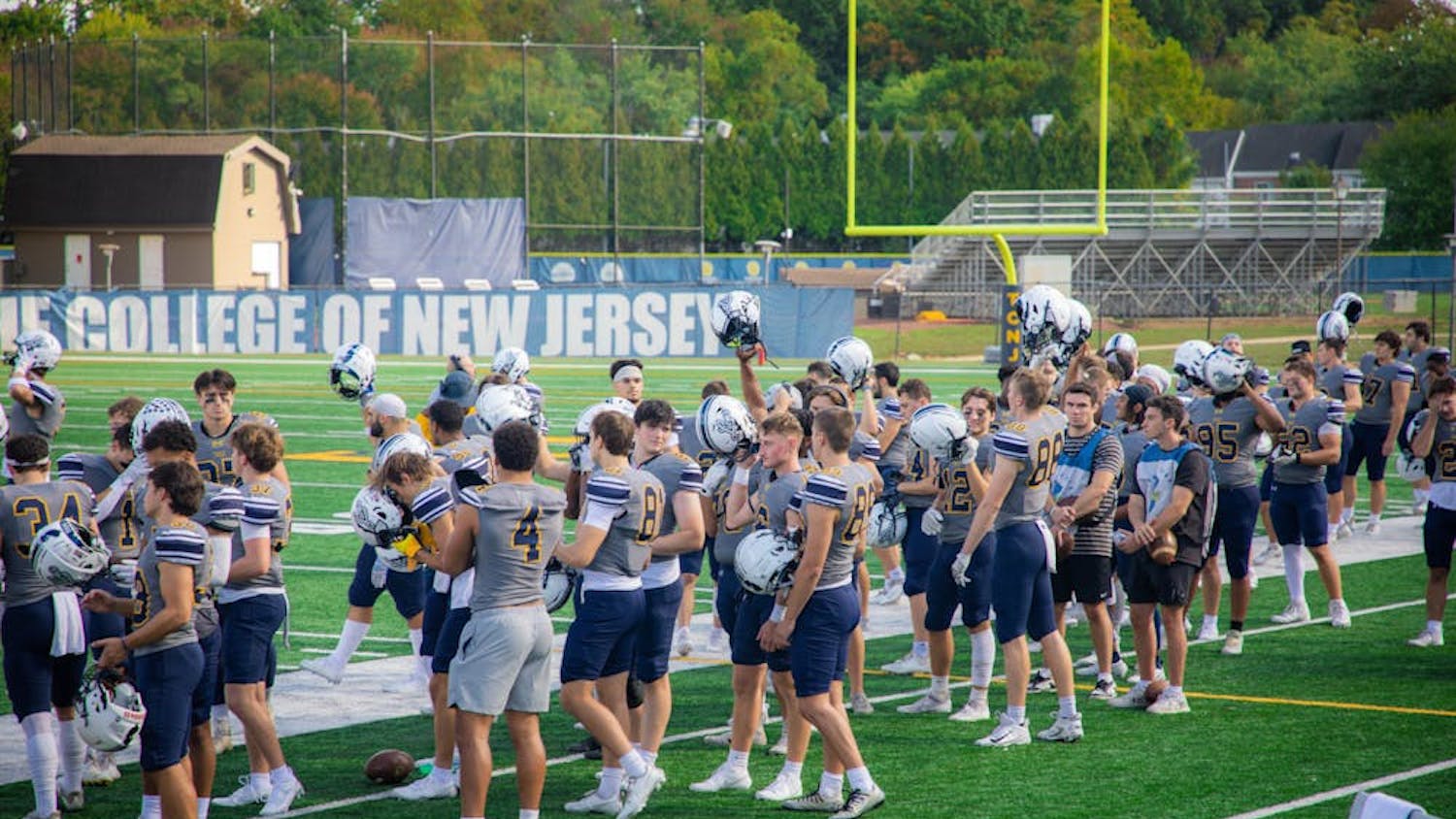General Managers. They are discussed fairly often in the sports world, which makes sense given the enormous impact a GM, good or bad, can have on a team. They also play a huge role in the happiness any given group of fans have will in regard to their favorites teams — generally, fans are happier with a team that is doing well or with one where the future looks bright, and much of the responsibility to do those things is in the hands of those GMs.
Here’s why that’s a bad thing: General Managers, by and large, are not very good at their jobs.
Seriously, take a look at your favorite team. Take a good look at the salary of every player on the team and at the ratio between youth and experience. You’ll likely find at least a few flaws, like a player earning several million dollars more than they deserve or a collection of aged “talent” without much support from younger, fresher legs. If you can honestly say you are happy with your entire roster, then congratulations, you are a fan of the Spurs, Pacers, Seahawks, 49ers, Nationals or Penguins.
If you said you were happy with your roster and aren’t a fan of one of those teams, please stop kidding yourself. Those are the only pro sports teams at the moment without at least a few glaring warts. And even they aren’t perfect — they’re just the best examples of teams with long-standing title windows that aren’t overly reliant on aging stars or that owe oodles of money to players who one day won’t be worth so darn much.
The reason so many teams are in bad places right now is, of course, because of the blundering ways of the General Managers who run them. Don’t believe me? OK, just go ask any fan of the Cowboys, Knicks, Timberwolves or Lakers, the teams most currently doomed due to the actions of their GMs. That fan will tell you for me, having a bad GM on your team is akin to watching your best player get injured at the start of the season — your team’s situation for the near future is bleak at best.
So why bring this up now? Bad GMs have been around for decades, so why harp on the issue this week? Well, mostly because this week saw some ridiculous things happen in sports, and General Managers were at the heart of basically every one of them.
Look at what went on in baseball first. Miguel Cabrera, he of the magical bat and lackluster fielding ability, just signed a deal for 10 years and $292 million. Sure, the deal looks good to Tigers fans now, but just wait five years until he’s 36 and still getting paid nearly $30 million a season to perform barely above the league average.
Gee, that sounds familiar, doesn’t it? I can’t recall who’s doing something similar now, but I think it starts with an “A” and maybe includes “rod?” Even the other big extension given out this week, a much sounder $144 million over six years the Angels are shelling out for Mike Trout, is overshadowed by the monster contract L.A. is also paying to the last Cabrera-like player. Albert Pujols, who you may have forgotten since he signed the mega-deal with the Angels and immediately disappeared.
Moving along to another sport, take a gander at what the Eagles just did: Releasing DeSean Jackson due to some kind of off-field stuff, with a wide range of explanations still being given. The team, according to “sources,” didn’t want to trade Jackson’s problems to another unknowing organization. It’s not like a whole bunch of other NFL teams tried to sign Jackson within 24 hours of his release despite all the rumors and definitely would have been willing to trade for him anyway, right? Oops, looks like that is exactly what’s been going on.
Finally, the next big star move is only in the rumor stage, and involves Kevin Love bolting from the Timberwolves for somewhere more glittery. While this one may not seem like a terrible GM decision at first, especially given how many NBA stars run from smaller markets to larger ones, let’s not forget that this one started when Love was offered a less-than-max contract from a terrible team a few years ago, because they wanted to save their max deal for a monumentally less valuable player. A word of advice to GMs out there: When you have a superstar in his prime and can offer him a maximum contract, do that. If you don’t, chances are he’ll leave your team for someone who will.
The point to all this is that General Managers are bad at their jobs, so we really shouldn’t be surprised when GMs continue to make poor decisions. We talk so much about the bad GMs, but no one really offers much of a solution, mostly because “Fire everybody” is a rarely used tactic. The only real solution for us fans is to hold out hope that someday, somehow, our bumbling General Manager will just get lucky.






